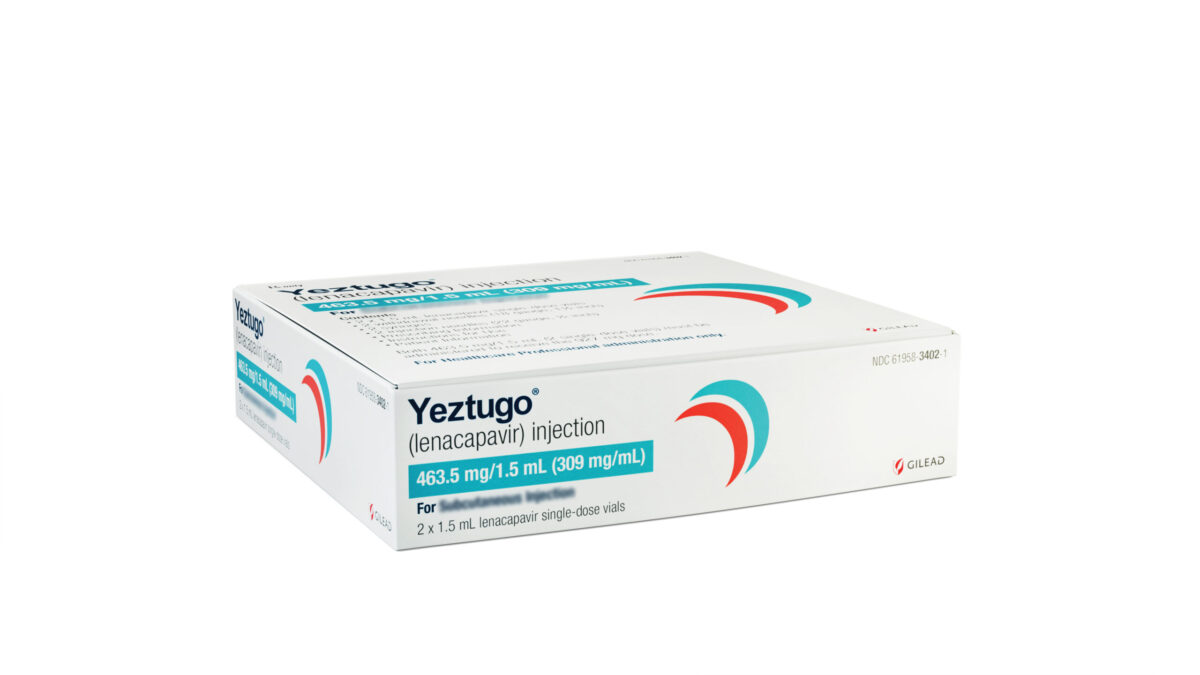The US Food and Drug Administration (FDA) has rejected Johnson & Johnson’s (J&J) application for a subcutaneous formulation of Rybrevant (amivantamab).
J&J was seeking FDA approval for the subcutaneous version of Rybrevant, a bispecific antibody that targets the epidermal growth factor receptor (EGFR) and the MET receptor (also known as hepatocyte growth factor receptor, HGFR) for non-small cell lung cancer (NSCLC) with EGFR exon 20 insertion mutations.
The agency issued a complete response letter (CRL) for the biologics license application (BLA) for a fixed combination of amivantamab and recombinant human hyaluronidase for subcutaneous administration.
The rejection was based on observations FDA officials made at a manufacturing facility during a standard pre-approval inspection.
In a statement, J&J said it was “unrelated to the product formulation, or the efficacy and safety data submitted in the regulatory application.”
The company also said the FDA has not requested any additional clinical studies nor is the current approval for intravenous Rybrevant affected.
The intravenous formulation of Rybrevant was initially approved in 2021 under the FDA’s accelerated approval program.
The subcutaneous formulation is designed to improve patient convenience and reduce infusion times. Unlike the intravenous formulation of Rybrevant, which requires up to five hours for administration, the subcutaneous version takes at median just five to seven minutes to administer.
“We’re working closely with the FDA to bring SC [subcutaneous] amivantamab to patients as quickly as possible, and are confident in our path to resolution,” said Yusri Elsayed, MD, MHSc, PhD, global therapeutic area head, Oncology, Innovative Medicine, J&J.
“Backed by interim overall survival data showing a strong favorable trend compared to osimertinib, we believe strongly in the robust efficacy and safety of Rybrevant — both as a standalone treatment and in combination with Lazcluze (lazertinib) — for EGFR-mutated advanced lung cancer. We’re proud to have helped so many patients in the front-line setting already with Rybrevant and look forward to further expanding treatment options with our subcutaneous formulation pending regulatory review and approval.”
In August, the FDA approved Janssen Biotech’s EGFR kinase inhibitor Lazcluze in combination with Rybrevant as a first-line treatment for NSCLC with EGFR exon 20 insertion mutations.
A successful approval for subcutaneous Rybrevant could bolster J&J’s competitive position against AstraZeneca’s EGFR frontrunner, Tagrisso (osimertinib), which is an oral medication.
Subcutaneous Rybrevant’s BLA is supported by promising data from the Phase III PALOMA-3 study, which was presented at the 2024 American Society of Clinical Oncology (ASCO) Annual Meeting in June this year and published in the Journal of Clinical Oncology.
Results from the trial of 418 patients showed that subcutaneous Rybrevant reduced the risk of death by 38 percent compared to intravenous Rybrevant.
Additionally, at the end of treatment cycles, 85 percent of patients who received subcutaneous Rybrevant said they found the treatment to be convenient compared to 35 percent in the intravenous group.
In August 2024, the FDA granted priority review for the BLA.
Earlier this month, J&J announced its key drivers for long-term competitive growth at an Enterprise Business Review.
The company is projecting a 2025 to 2030 enterprise sales compound annual growth rate (CAGR) of five to seven percent, driven by J&J Innovative Medicine and J&J MedTech growth.
It said it expects at least a three percent operational sales growth in 2025, despite Stelara (ustekinumab) biosimilars hitting the US market next year.
J&J said ten of its assets have the potential to deliver over $5 billion in operational peak non-risk adjusted operational sales, including partner sales (PYS2), which include its multiple myeloma drugs Talvey (talquetamab) and Tecvayli (teclistamab), and investigational plaque psoriasis candidate JNJ-2113.
The company is reporting an operational sales growth of five to six percent in 2024 and anticipates an adjusted earnings per share (EPS) growth of 7.3 percent, including impacts from its 2023 acquisition of cardiology medtech company Laminar.
If you want your company to be featured on Xtalks.com, please email [email protected].












Join or login to leave a comment
JOIN LOGIN